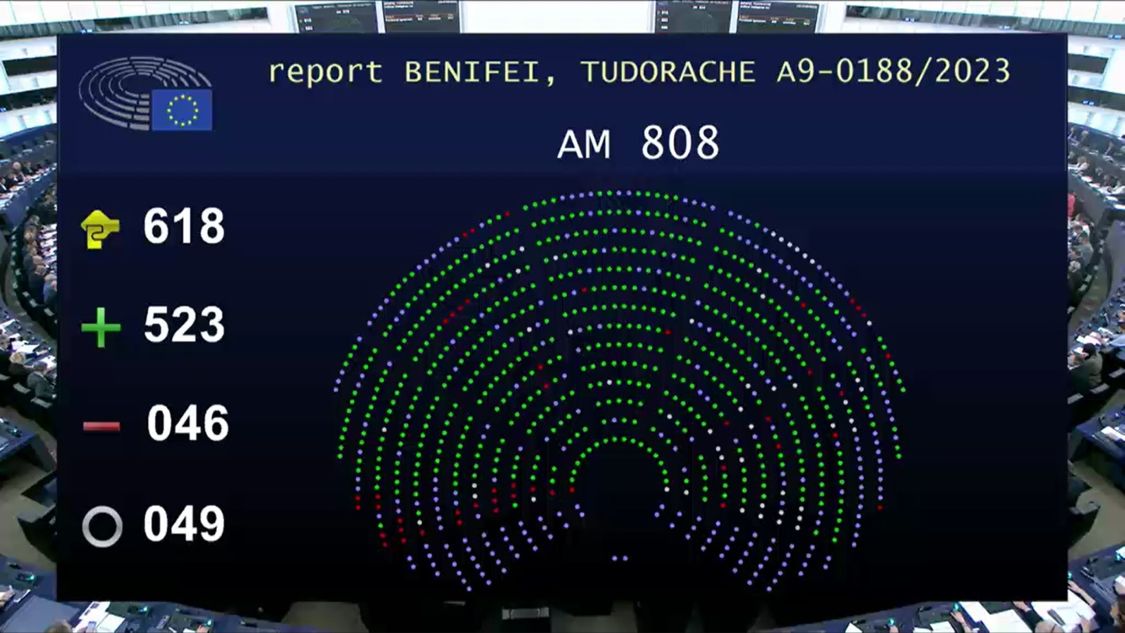The European Parliament has just APPROVED the AI Act
In a historic move, the European Parliament has greenlit the much-anticipated AI Act, establishing the world’s first comprehensive legal framework for regulating artificial intelligence. The legislation passed by a substantial margin (523-46), marking a significant step towards harnessing the power of AI while mitigating potential risks.
This ambitious act aims to strike a delicate balance: fostering innovation in the dynamic field of AI while safeguarding fundamental rights like privacy and non-discrimination.
Key provisions of the AI Act include:
- Risk-based approach: AI systems are classified based on their potential to cause harm. High-risk applications, such as facial recognition software, will be subject to stricter scrutiny and compliance requirements.
- Ban on certain practices: Unacceptable AI uses, like social scoring systems and real-time biometric mass surveillance in public spaces, will be prohibited.
- Transparency and explainability: Developers must ensure their AI systems are transparent and their decision-making processes can be understood. This aims to prevent bias and algorithmic discrimination.
- Human oversight: AI systems deemed high-risk will require mandatory human supervision to ensure responsible use.
A Global Trendsetter:
The EU’s pioneering approach positions them as a global leader in establishing ethical guardrails for AI development. This act serves as a potential template for other countries grappling with the complex issues surrounding this powerful technology.
Challenges and the Road Ahead:
While the act’s approval is a significant milestone, the path to full implementation remains. The European Council still needs to formally endorse the final text. Following this, organizations will have a grace period (ranging from 6 to 36 months) to comply with the regulations.
The success of the AI Act hinges on its effective enforcement and the establishment of the “AI Office” – a dedicated body tasked with supporting businesses in navigating the new legal landscape.
Market Reaction:
The tech industry has expressed mixed reactions. While some welcome the clarity and direction provided by the regulations, others raise concerns regarding potential stifling of innovation.
Looking ahead:
The EU’s AI Act paves the way for a future where AI flourishes responsibly. Its impact will be keenly observed not just in Europe but around the world, influencing the global conversation on harnessing the immense potential of AI while ensuring its ethical development and use.





